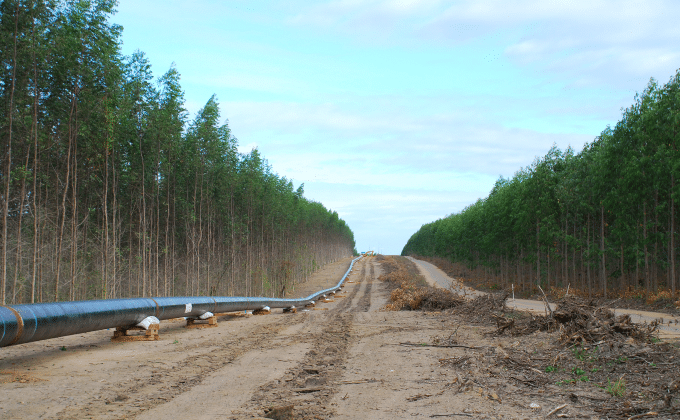Filter >>
Content Filter:
The Regulatory Assistance Project has been bringing clarity to the complexity of the clean energy transition since 1992. By developing data-informed, real-world solutions — that are also cost-effective and reliable — RAP supports the creation of stronger, cleaner and more… View Summary +

Policymakers across the globe are searching for solutions to reduce the use of fossil fuels and their associated climate impacts. Attention has focused on the heating sector, which relies heavily on fossil fuels and was responsible for almost 40% of… View Summary +

States are increasingly confronting the reality that burning fossil fuels for heat creates cost burdens for their residents, particularly for low-income households and struggling small businesses, while harming health and the environment. Importing those fuels imposes a drain on the… View Summary +

Europe is heavily reliant on fossil fuels in the heating sector. The EU has set itself a goal of deploying 30 million additional heat pumps by 2030. To advance the transition away from fossil fuels in the heating sector,… View Summary +
About this Report: Europe’s stated goal of achieving a net-zero power system by 2050 is inherently replete with enormous opportunities and challenges. High energy prices and Russia’s invasion of Ukraine have now ratcheted up the urgent need for action to… View Summary +

The burning of fossil fuels for heat accounts for a significant portion of greenhouse gas emissions and burdens many families and businesses with high energy costs. Meeting climate and equity goals requires that we find effective and affordable pathways to… View Summary +

In a webinar discussion, panelists discussed efforts across the country to put in place clean heat standards or other mandates for reduction of emissions from thermal end uses. View Summary +
If the video is not visible, please accept all cookies to enable the player. The term “transition” implies moving away from one thing and toward something else. The energy transition in the United States has challenged utility regulators to… View Summary +
Vermont’s Global Warming Solutions Act requires that greenhouse gas emissions from thermal end uses (heating and hot water) be reduced by at least 15% below 2018 levels by 2025 and then by 40% by 2030 and 80% by 2050. This… View Summary +
Greater integration among regional power grids would lower electric sector emissions and power costs across eastern Canada and the northeastern United States, but coordination today is limited. A new report by an international team, led by RAP in collaboration… View Summary +
